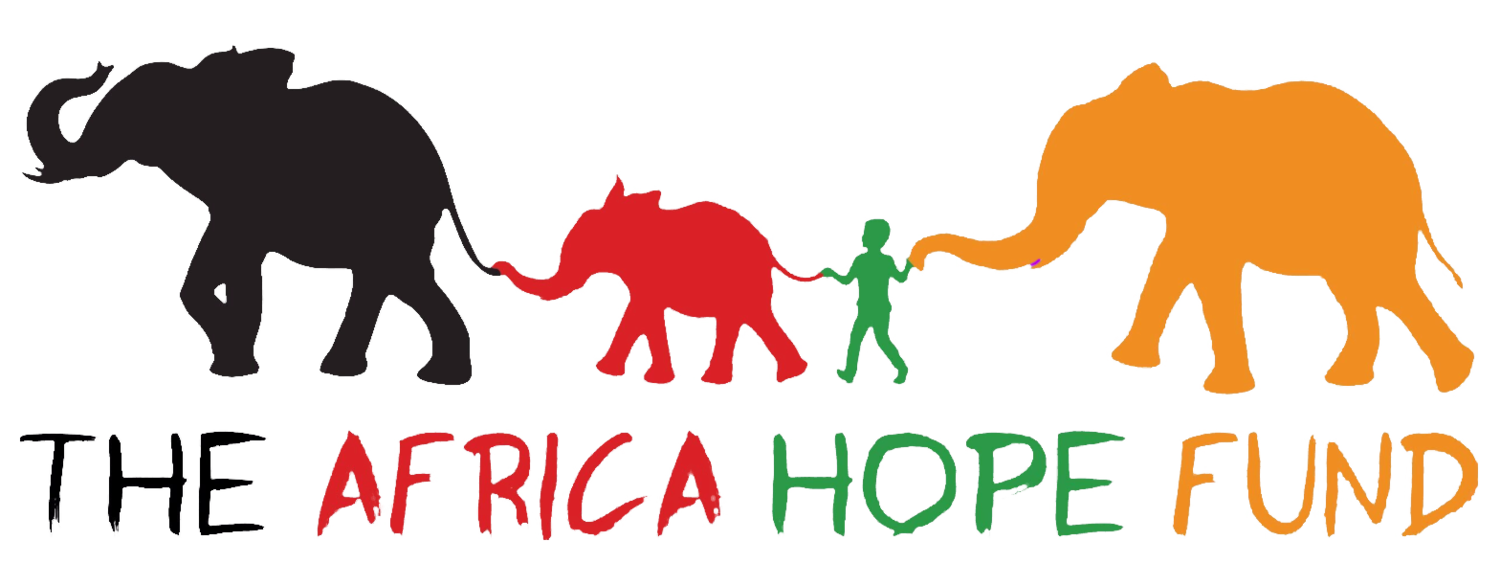News Update - Botswana
Photo from Lilayi Elephant Orphanage
On February 21, 2019, Bloomberg News reported that a government committee in Botswana, the nation with the world’s largest elephant population, recommended Botswana lift a hunting ban on the animals to reduce crop damage. Public hearings and consultations with researchers and hunters reviewed the 2014 ban placed on elephant hunting by Botswana’s previous administration under former President Ian Khama.
Botswana’s elephant population is estimated at 130,000 elephants, one-third of the continent’s total elephant population. The committee recommended lifting the hunting ban and keeping elephant populations within historic ranges according to Frans Van Der Westhuizen, Botswana’s local government and rural development minister after delivering the committee’s report to Botswana’s new President Mokgweetsi Masisi who took office in April 3018. Van Der Westhuizen said they are, “Recommending the installation of fences in key areas of human-animal conflict and also that the compensation for damages caused by animals should be reviewed,” They also recommended elephant meat be canned for pet food and processed into other products as well as focusing on game hunting as a conservation tool.
Masisi said the cabinet would study the report and issue a final decision soon and that a “white paper” would follow and be shared with the public. The hunting ban has been a divisive issue between local communities that suffer from the destructive impact of elephants encroaching onto farmland and animal-rights activists who say elephants migrate to Botswana from Zimbabwe, South Africa, and Namibia because they feel safe from poachers in Botswana. While Former President Ian Khama publicly voiced his opposition to the lifting of the ban, President Masisi ordered the disarming of the anti-poaching units when he took office. Hunting was banned under President Khama and Botswana was known for a zero-tolerance approach to poachers.
In 2018, Elephants Without Borders conducted a four-yearly survey with the government and reported there was a six-fold increase in the number of "fresh" or "recent" elephant carcasses in northern Botswana amid "obvious signs" of poaching. In mid-August of 2018, Mike Chase, the scientist who carried out the survey, went public half-way through his study stating there was a poaching problem and alleging the authorities were ignoring him. He told the BBC at the time that while flying over northern Botswana, he had discovered 87 recently killed elephants in one "hotspot" area - a number now revised to 88 - and 128 overall. Chase’s report sparked a conflict with President Masisi who called it a hoax. Chase also received death threats for going public.
It’s clear that a change in leadership puts Botswana’s elephants at risk of contributing to the potential extinction of elephants on the African continent. At the same time, elephant populations in the Luangwa Valley protected by Conservation South Luangwa and the Department of National Parks and Wildlife are considered stable thanks to your donations that help support protection against poaching, educate the valley’s youth, and provide people who live in the valley with ways to protect their crops.
Thank you.
Written by Patricia Cole
An Africa Hope Fund board member for 7 years, Pat is a writer and a conservation activist. After traveling to Zambia, she became dedicated to helping Africa Hope Fund provide education to the next generation of Africans and ensure their future by protecting wildlife. Find Patricia on Facebook and Twitter, or on her websites www.writepatwrite.com and www.patmcole.com.
Enjoy reading this Elephant Blog post? Help support our future posts by becoming a Patreon supporter!

